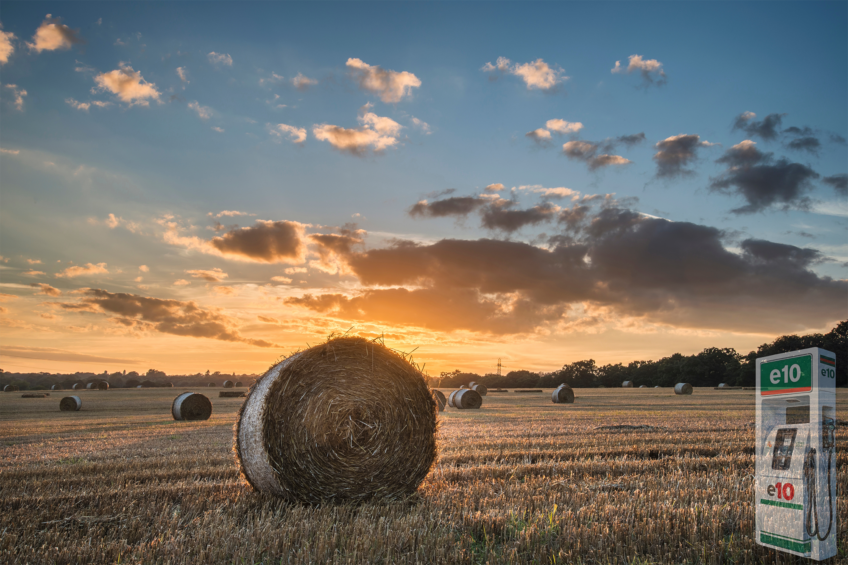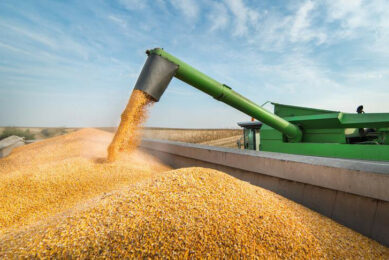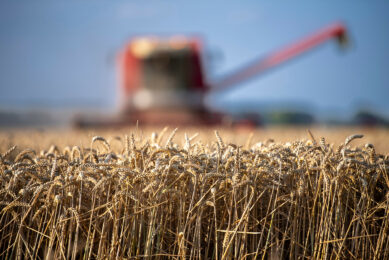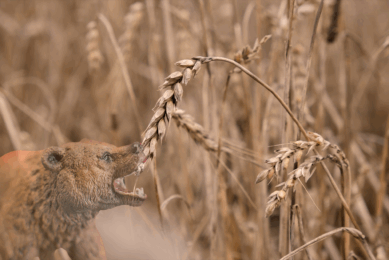UK’s largest feed supplier Vivergo faces shutdown

Associated British Food ABF is considering the mothballing or even closing of its large bio-ethanol plant Vivergo in Hull. That would also stop the supply of the main by-product: some 400,000 tonnes of animal feed annually, which makes Vivergo the largest single source supplier of feed in the UK.
History of Vivergo plant
Vivergo has a kind of a traffic light history. The factory was originally opened in 2013 as a joint venture between ABF, BP and Dupont. They were betting on a bright future for bio-ethanol from grain as a green additive to petrol for road traffic. Vivergo transformed over 1.1 million tonnes of feed wheat from nearly 900 farms, mostly across the nearby regions of East-England.
High feed output from start
Vivergo was, at the start, also the country’s largest single production site for animal feed, delivering 500,000 tonnes of high protein feed to over 800 farms across the UK. However, because the British government didn’t increase the compulsory percentage of bio-ethanol and delayed the introduction of E10, Vivergo wasn’t economically viable so ABF, now sole-owner, decided to first stop the plant temporarily in 2017 and then mothballed the installations altogether a year later.
The way in which regulations – for green fuel – were being applied to bioethanol is undermining the commercial viability of the business.”
— ABF spokesperson
Reopened in 2021 – but uncertain future
ABF reopened the plant in 2021, once again supplying feed for a large percentage of the British pig and other farms, but recently announced for the third time its intention to mothball or completely close Vivergo. “The way in which regulations – for green fuel – were being applied to bioethanol is undermining the commercial viability of the business. We are having constructive discussions with the government, but there is no guarantee these would be successful,” the company says. That would mean that the largest supplier of animal feed in the UK would again disappear from the market.
Industry response remains cautious
The National Pig Association does not want to comment at this stage. “It’s still only speculation so we’re not commenting publicly,” ceo Lizzy Wilson says.











